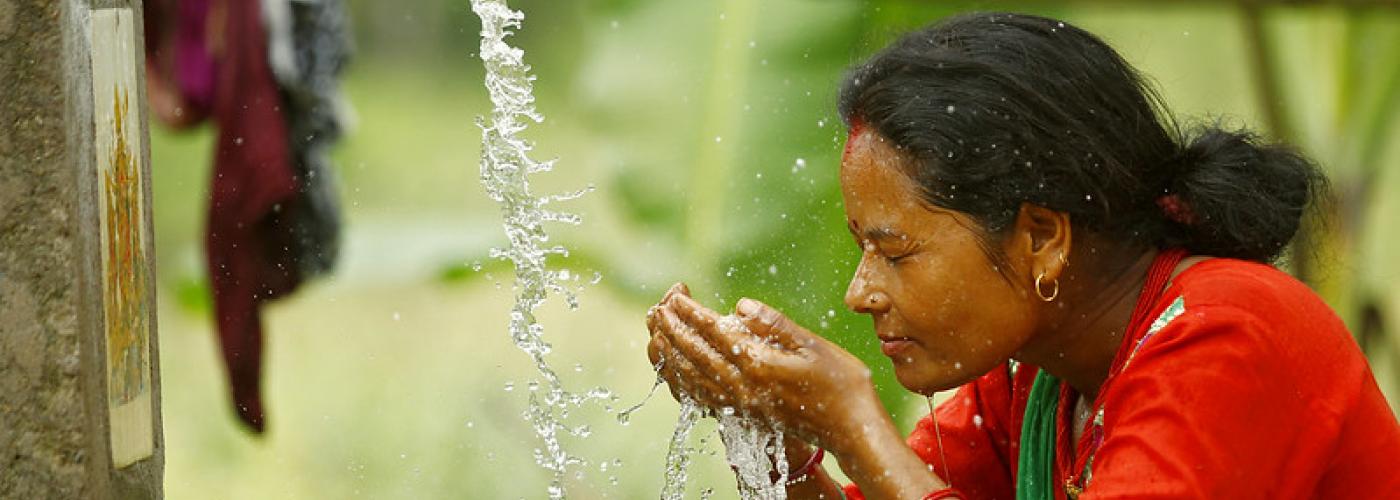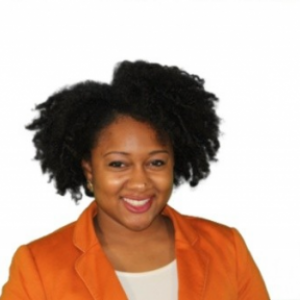Five Innovations to Building Resilience through Market Systems
Image

Every year, The SEEP Network Annual Conference brings together development practitioners and thought partners to lean in and share ideas on inclusive market systems and financial services. The 2019 conference theme – Building Resilience through Market Systems – fostered opportunities to share experiences and learning. The four technical tracks threaded together the conference theme and highlighted ways financial inclusion can build resilience and addressed challenges and opportunities for new approaches. Check out the #SEEP2019 hashtag on Twitter for a few highlights and reflections.
One standout session was the Innovation Challenge. Ahead of the conference, 23 applicants submitted proposals to present their early-stage innovations and projects related to the theme. Five finalists were selected to present their posters and deliver a 7-minute pitch to conference participants, who then provided immediate feedback using an interactive digital polling tool.
The audience ranked each innovation in five categories:
- Clearest problem statement
- Most creative approach to addressing the problem
- Most convincing evidence of early impact
- Most likely to scale
- If you had a million dollars to fund a project, which would you choose?
The Winning Pitch!
B- READY (Building Resilient, Adaptive and Disaster Ready communities) – presented by Dr. Rhoda Avila, Oxfam
This project is supporting people impacted by emergencies in the Philippines by meeting their humanitarian needs. The Philippines is ranked third in the world as the most disaster-prone country by the 2016 World Risk Index. These vulnerable communities are often resource-strapped and face disrupted livelihoods. Programs to address disasters are often under-funded and reactionary. B-READY aims to help prepare communities for natural disasters by combining two innovations – pre-disaster cash transfer programs and climate-smart data forecasting warning systems. The data warns when a disaster is about to strike and pre-empts a cash transfer. This innovative solution helps to build financial resilience and is looking to collaborate with microfinance institutions in the next phase.
Here’s a quick highlight of each of the other finalists!
USAID has long been at work to tackle the Fall Armyworm (FAW) pest, which can threaten food security and resilience for smallholder farmers in Africa and Asia. UDefeatFAW, which was also a finalist for USAID’s FAW contest, is a digital platform used to help educate farmers about how to defeat FAW. Using two-way communication, farmers can submit questions through social media applications or by calling. This platform also offers an Interactive Voice Response (IVR) system, where farmers can call to hear a recorded message about FAW resources. One other option is for farmers to subscribe to SMS messages to receive updates and new information. This business model fosters public-private sector partnerships and helps facilitate internal investments. For a user-centered approach, FHI 360 hosted three radio talk shows to take questions from farmers and asked ag-extension workers to help respond to questions as well. Looking ahead, UDefeat is preparing for the next launch.

15% of the world’s population lives with a disability, and 80% of those people live in low- and middle-income countries. This population is often excluded from development programs and are also excluded from the workforce. This results in an annual GDP loss of 1.3-1.84 billion. Humanity & Inclusion developed a web-based toolkit – “WorkWith” to make livelihoods safer and accessible using workplace adaptations and accommodations. The toolkit helps employers and entrepreneurs understand how to be more inclusive working with people with disabilities and strengthen economic resilience programs. This low-tech, low-bandwidth website allows users to consider types of disabilities and then match it with a workplace adaptation in various settings. So far, the site has been tested around the world and is ready to launch.
Market systems are made up of various actors, communities, social groups, policies, cultural contexts, businesses, entrepreneurs, factors, and so forth. Each of these entities can influence market systems resilience (MSR). Understanding and measuring MSR can help strengthen programs and measure changes. ACDI/VOCA proposes using a network analysis (NA) tool to help actors understand their influence on market systems resilience in order to make program adaptations and lead to improving programmatic results. Using existing data, and donor-reported indicators (such as relationships and transactions), programs can conduct a cost-effective DA to generate metrics for demonstrating market linkages. This data can be integrated into partner agreements. You can read more about network analysis methodology on Marketlinks.

Hawiyati, which translates to “my identity” in Arabic, is a platform to help migrants living in the MENA region that are trying to access loans to start livelihoods, invest, or to send home to their families. As a transient population, these migrants often do not have in their possession the necessary paperwork or financial documents needed to request financing. Making Cents International introduced the Hawiyati platform, which uses blockchain technology to store and protect credit histories. Users are able to self-manage their information and maintain their credit history. This accountability feature helps financial institutions determine creditworthiness, and also encourages users to repay loans. So far, 800 Syrian refugees and Pilipino migrants are already using the platform. Now, the goal is to help Hawiyati reach scale and expand to 25,000 users by the end of 2020.



